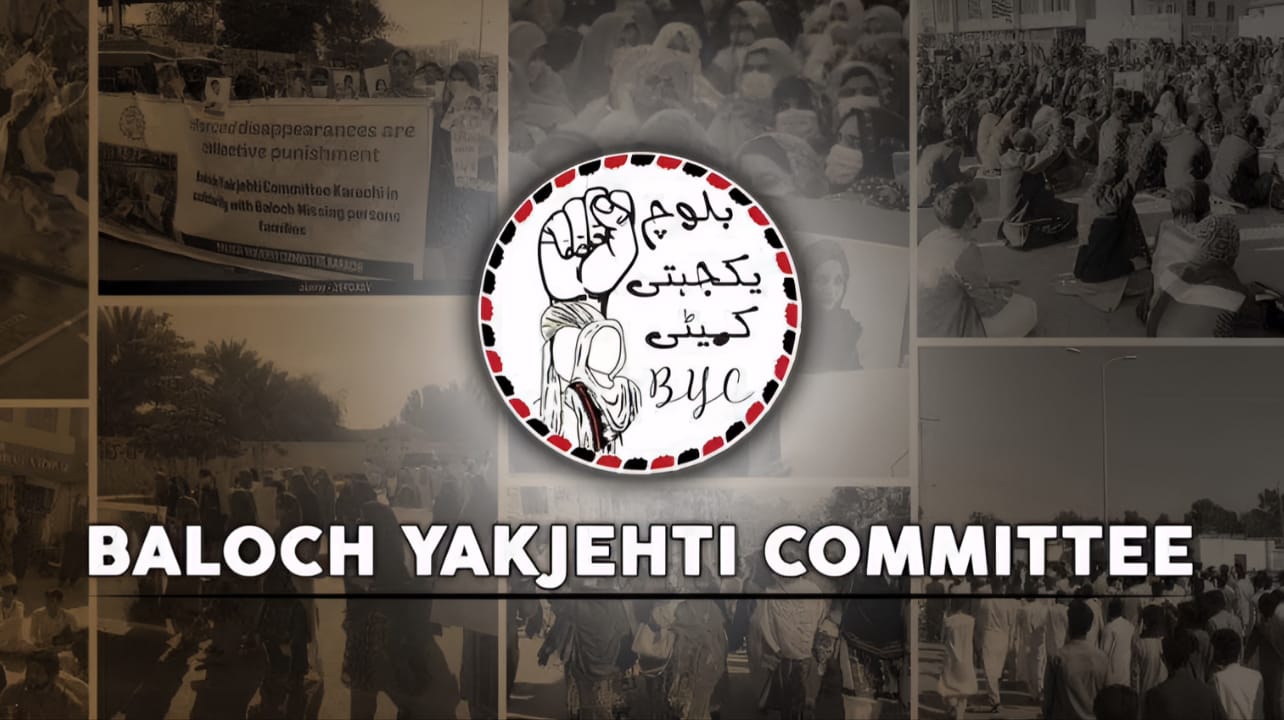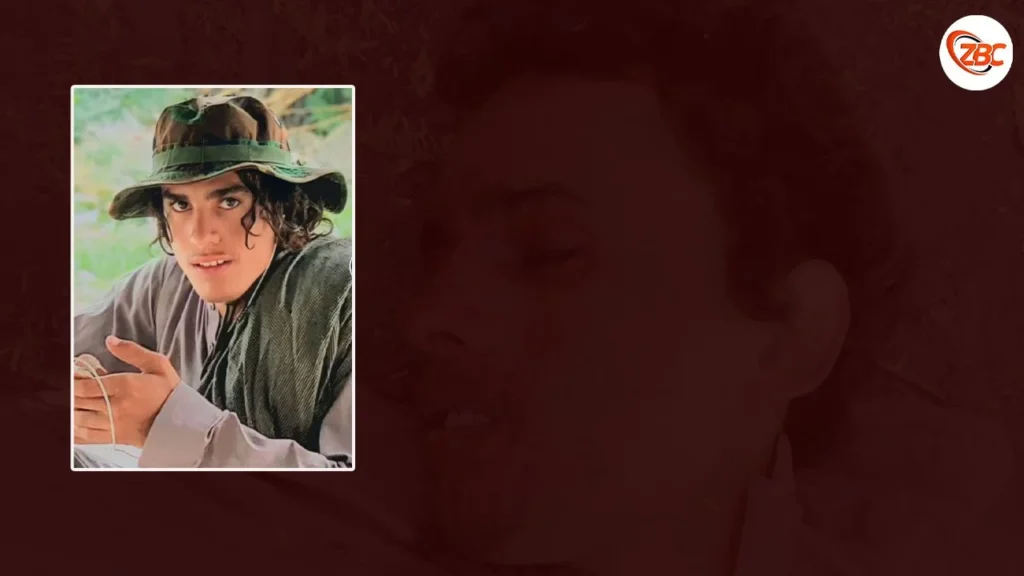
Quetta: The Baloch Yekjehti Committee (BYC) has strongly condemned what it termed the “weaponization of law” by the Pakistani state to silence dissent, alleging that the judiciary has become a mere rubber stamp for the state’s repressive policies.
In a central statement issued by the organization, BYC said the ongoing trial of its leaders has once again exposed how legal institutions are being used to crush political opposition rather than deliver justice.
“The state is not only using the law as a tool to suppress dissent, but the judiciary has also been reduced to a rubber stamp to legitimize this repression,” the statement read.
BYC reported that during the most recent jail hearing, the Counter Terrorism Department (CTD) once again failed to submit a complete charge sheet to the court. “This case is being deliberately prolonged through delaying tactics,” the committee stated, adding that the CTD has repeatedly avoided submitting the challan, while the court appears to be supporting these unlawful delays.
“Shockingly, the court is eager to frame charges even though the law does not permit proceedings to move forward until all charge sheets are complete,” the statement added.
The organization alleged that in the early stages, the CTD filed a series of fabricated First Information Reports (FIRs) against BYC leaders. During physical remand hearings, a judge had ordered all cases to be presented together, but afterward, the CTD reportedly registered more than 25 new false cases. Now, in the ongoing hearings, the CTD is submitting charge sheets for new cases that were never previously presented in court.
The statement asserted that such actions illustrate how state institutions have turned the legal system into an instrument of political persecution, severely damaging the judiciary’s credibility.
BYC noted that in four similar cases, the Anti-Terrorism Court (ATC) in Khuzdar granted bail to BYC leaders, while proceedings in Quetta’s ATC remain stalled. “This clearly shows that the judiciary has become practically paralyzed and is operating under indirect state pressure,” it said.
During the latest court hearing, BYC leader Dr. Mahrang Baloch reportedly questioned the judge, asking whether freedom of expression exists in the country. “Yes, it is a constitutional right of every citizen,” the judge replied.
“However,” BYC remarked, “the ground reality is the opposite — all charges against our leaders are based on their speeches and public expression. The same judge who acknowledges freedom of expression in the Constitution is, in practice, acting on the orders of intelligence agencies to violate it.”
Concluding its statement, the BYC appealed to international human rights organizations, the legal community, and civil society to take urgent notice of the misuse of law and the growing repression against Baloch human rights defenders.
“The international community must play an active role in ensuring justice and securing the release of the BYC leadership,” it urged.


